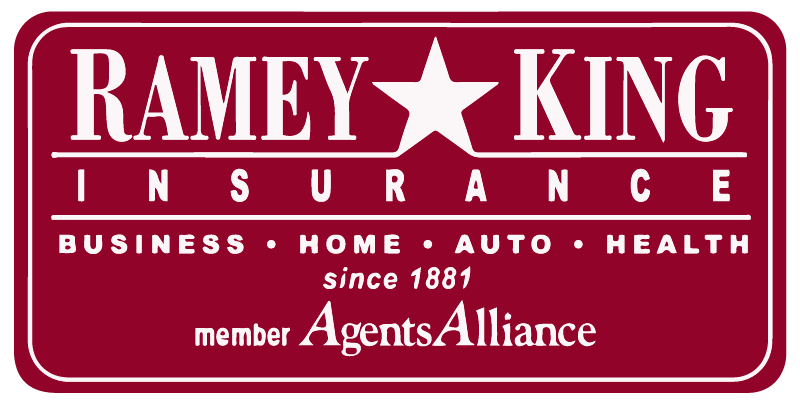Ramey King issues thousands of certificates each year for our clients, but I would guess that most clients and certificate holders do not really have an idea of what is being provided in a certificate of insurance. First, all, a certificate of insurance does is provide a snapshot of coverage in place at a particular period of time. A certificate is a method to show a third party what types of insurance coverage is in place for a client at that particular point of time.
A certificate of insurance (COI) can be used for general liability, auto, umbrella, workers compensation and also for property insurance. It can also be used for any other type of insurance as there is a freeform section that can be completed.
There is a section on the lower left that names a third party as a “certificate holder”. The working on this section is that if something happens to the coverage during the policy period, the insurance carrier will endeavor to notify the certificate holder that there was a lapse in coverage. The wording that says the insurance company will endeavor to notify the certificate holder is not a legally binding offer. But the biggest advantage given by a certificate is that it provides a contact for the insurance carrier should the certificate holder need to file a claim against the insured. In a liability case, it can be difficult to obtain insurance carrier information from a defendant of a claim after a claim has occurred.
Most of the certificate holders who require the certificates are mortgage companies, leinholders, suppliers, vendors or landlords. Most agents freely issue these certificates from their office upon the request from their clients.
Ramey King Insurance partners with clients to provide the right type of coverage for their needs. For more details on this or related topics contact Ramey King at 800-453-9691 to speak with one of our insurance specialists or visit our office at 320 Eagle Drive, Ste. 210, Denton, TX 76201.



